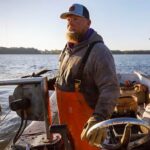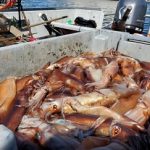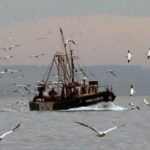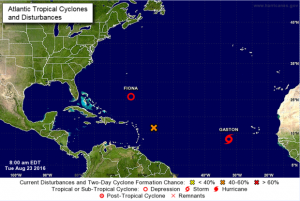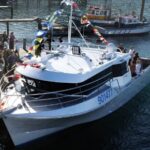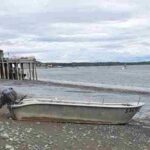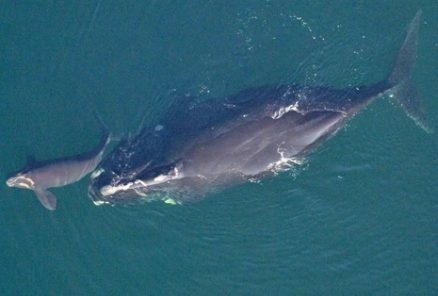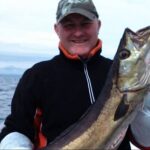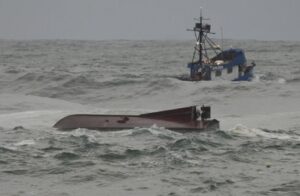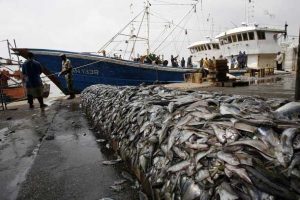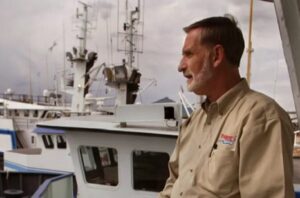Tag Archives: Massachusetts fishermen
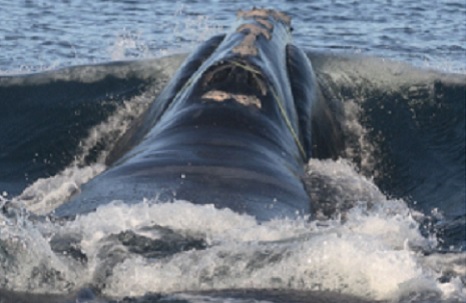
Massachusetts fishermen say feds are hypocritical in Gulf of Maine wind energy designation
A move to designate two million acres in the Gulf of Maine as a hub for wind energy is snagging a sharp hook from Massachusetts fishermen who say the development overlooks risks to the North Atlantic right whale. A handful of Bay State fishermen advocacy groups are teaming with counterparts from across New England in criticizing the Biden administration’s plans to industrialize the area off the coasts of Massachusetts, New Hampshire and Maine. Fishermen, however, say the industrialization of the two-million-acre area is “flatly inconsistent with a policy of endangered species protection.” “Fishermen are disheartened that the WEA designation favors foreign energy developers over marine mammal protection,” the Gulf of Maine Fishing Associations said in a statement last week. “This preferential treatment is in stark contrast to the federal government’s aggressive campaign to burden commercial fishing needlessly with crushing restrictions to protect whales.” more, >>click to read<< 08:43
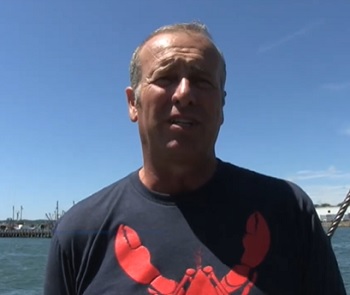
Second coronavirus wave would be ‘catastrophic,’ Massachusetts fishermen say
Commercial fishermen and lobstermen in Massachusetts already “crippled” by the coronavirus pandemic say they fear a second wave in the fall would sink the industry. “If there’s a shutdown then, it could be catastrophic,” said Joey Ciaramitaro, co-owner of Gloucester-based Captain Joe & Sons wholesale lobsters. People think of summer as the lobster season, but really, the fall is when the most lobsters get landed. That’s what we’re most concerned about: shutdowns in the fall,” Ciaramitaro said. Video, >click to read< 19:35

Whale info way off, by Maine Lobsterman Leonard Young
Reading Bill McWeeny’s July 23 commentary bothered me a great deal. His statement that right whales have never been so close to extinction since they were hunted is untrue. I’ve been a lobsterman for almost 50 years, and we’ve been dealing with the whale issue for almost two decades. When we started this process, we were told there were 200 of these animals. Mr. McWeeny decided to omit the fact that we had modified our gear many years ago with sinking ground lines, breakaways in our end lines and more traps on end lines to decrease end lines. Since we did this, entanglements decreased considerably. These animals had increased to almost 500. Then they changed their feeding ground,, by Maine Lobsterman Leonard Young, Corea >click to read< 11:20
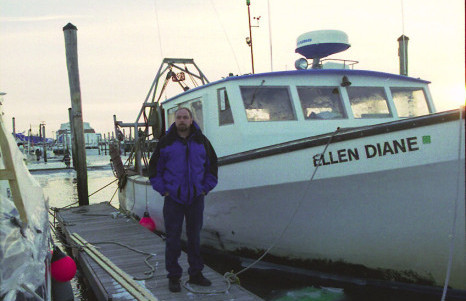
Your View: Even ‘smart’ video monitoring is onerous to fishermen
I would like to make several observations regarding Michael Bonner’s Aug. 21 article, “Delegation supports Rafael’s forfeiture toward electronic monitoring.” First of all, state legislators’ support for utilizing the forfeiture to fund the electronic monitoring (surveillance), presupposes that this form of electronic monitoring will be supported and adopted. It surely does not seem to be the favored choice of monitoring, as far as the groundfish industry is concerned. In fact, they are not in favor of any form of monitoring that has been proposed to date. NOAA fisheries Regional Administrator John Bullard (soon to be retiring) is quoted as saying that he thinks that video monitoring is a major benefit to the industry. I’m not sure who he thinks he’s going to convince with that statement. Surely not the fishing industry. If that were the case, New Hampshire fisherman David Goethel likely would not be requesting that this “benefit” be reviewed by the U.S. Supreme Court, click here to read the op-ed by Jim Kendall 19:04
Warring plans delay awarding of fish aid – State to deliver a proposal to NOAA by Oct. 1
 The consensus toward developing a plan to distribute the approximately $6 million remaining in federal groundfish disaster aid seems to have degenerated into a contentious melee and now local stakeholders anxiously await the decision by the state Division of Marine Fisheries on which will qualify for assistance. The process for formulating a distribution plan turned ugly at a two-hour Friday afternoon meeting in New Bedford, according to several people who participated, with different Bay State fishing regions — and fishermen of different species — pitted against each other in their respective efforts to influence DMF’s final spending plan. The meeting had been expected to end with a decision,,, Read the rest here 11:19
The consensus toward developing a plan to distribute the approximately $6 million remaining in federal groundfish disaster aid seems to have degenerated into a contentious melee and now local stakeholders anxiously await the decision by the state Division of Marine Fisheries on which will qualify for assistance. The process for formulating a distribution plan turned ugly at a two-hour Friday afternoon meeting in New Bedford, according to several people who participated, with different Bay State fishing regions — and fishermen of different species — pitted against each other in their respective efforts to influence DMF’s final spending plan. The meeting had been expected to end with a decision,,, Read the rest here 11:19

































